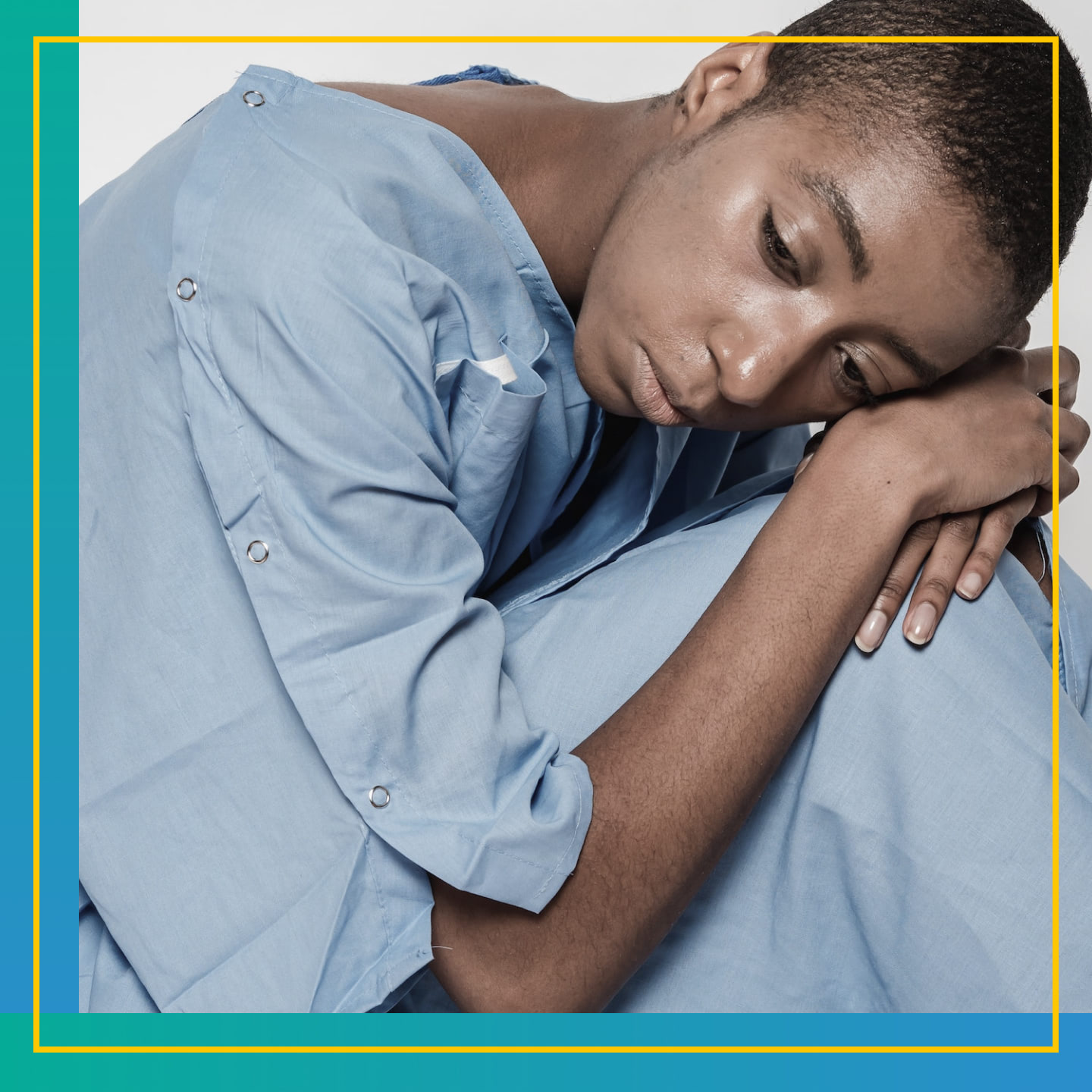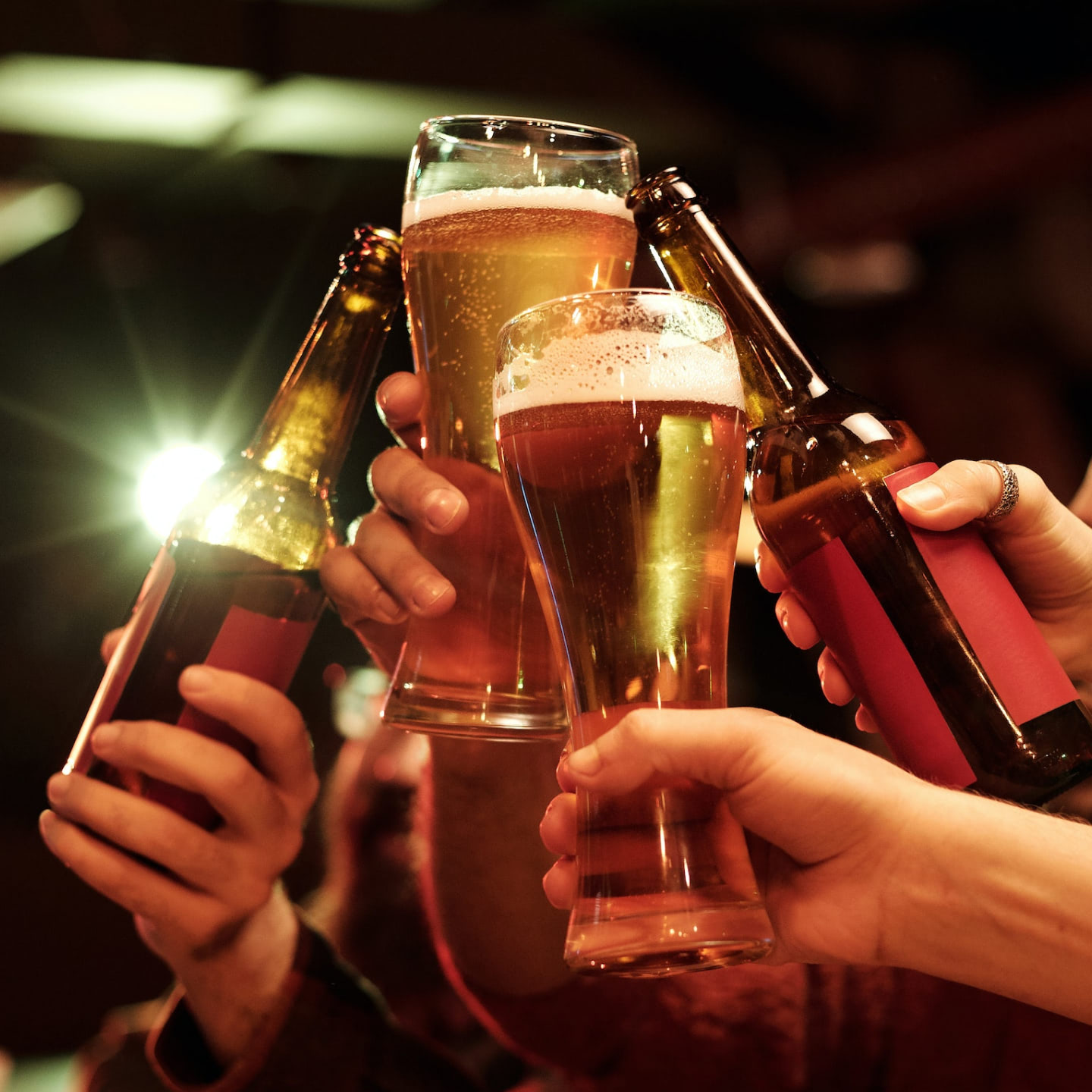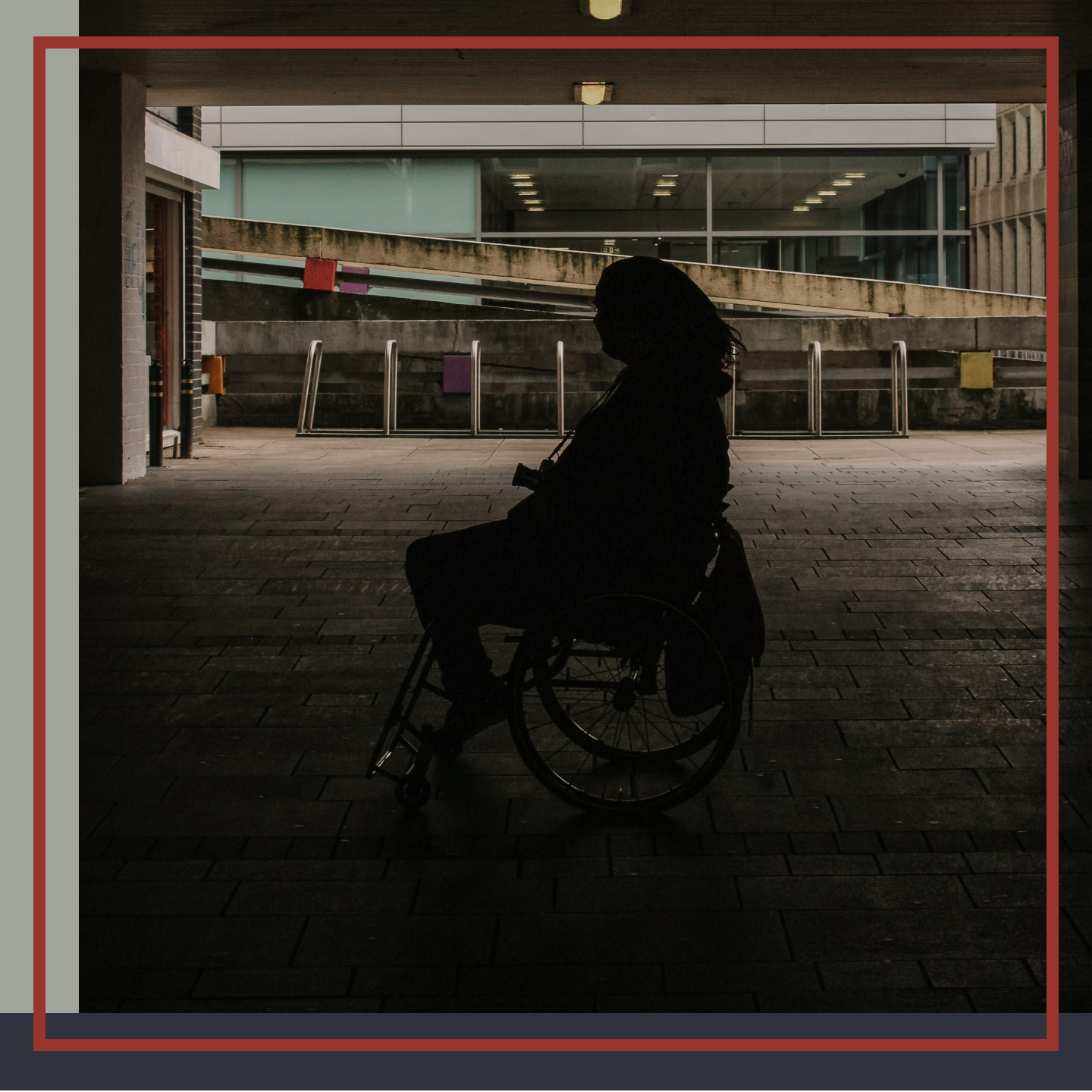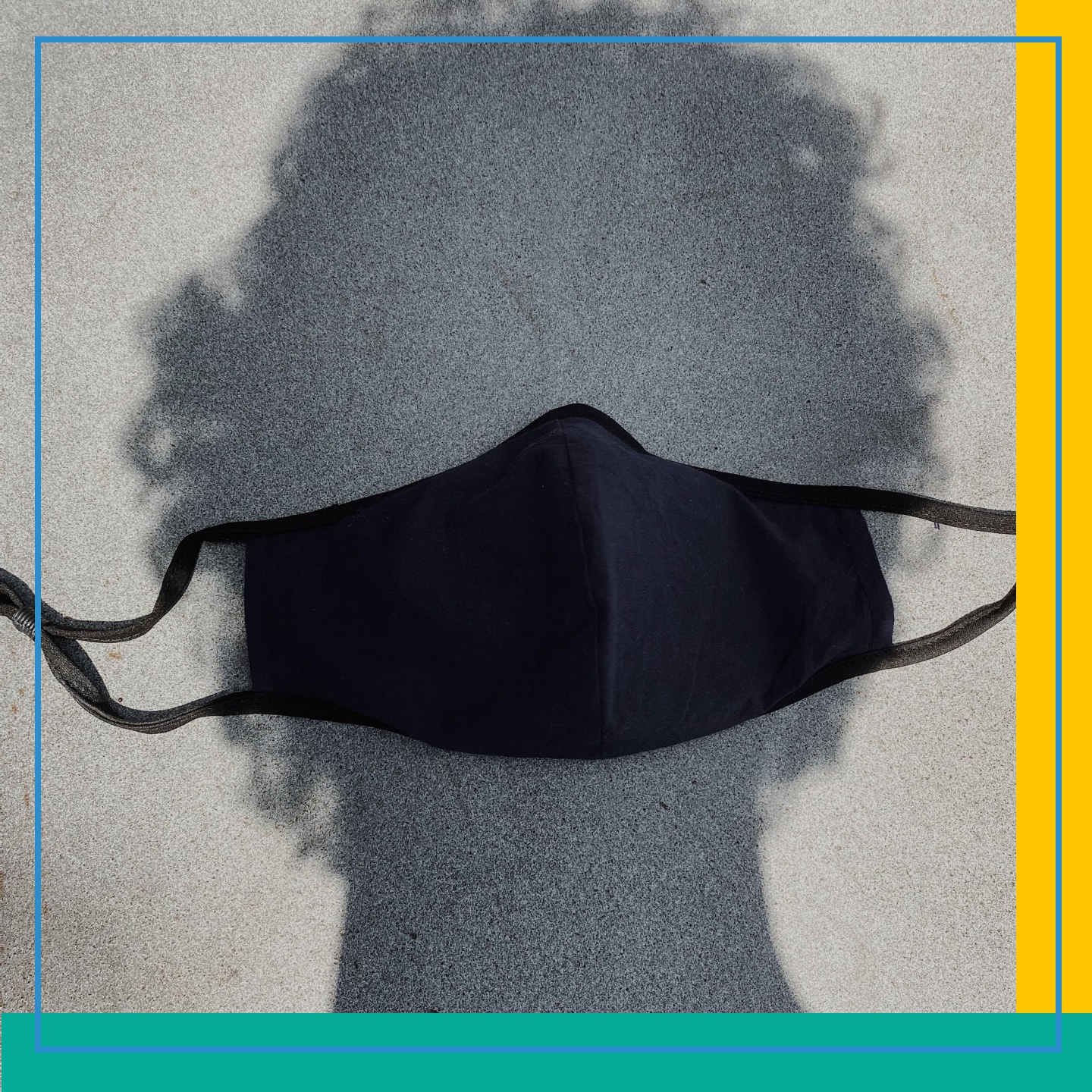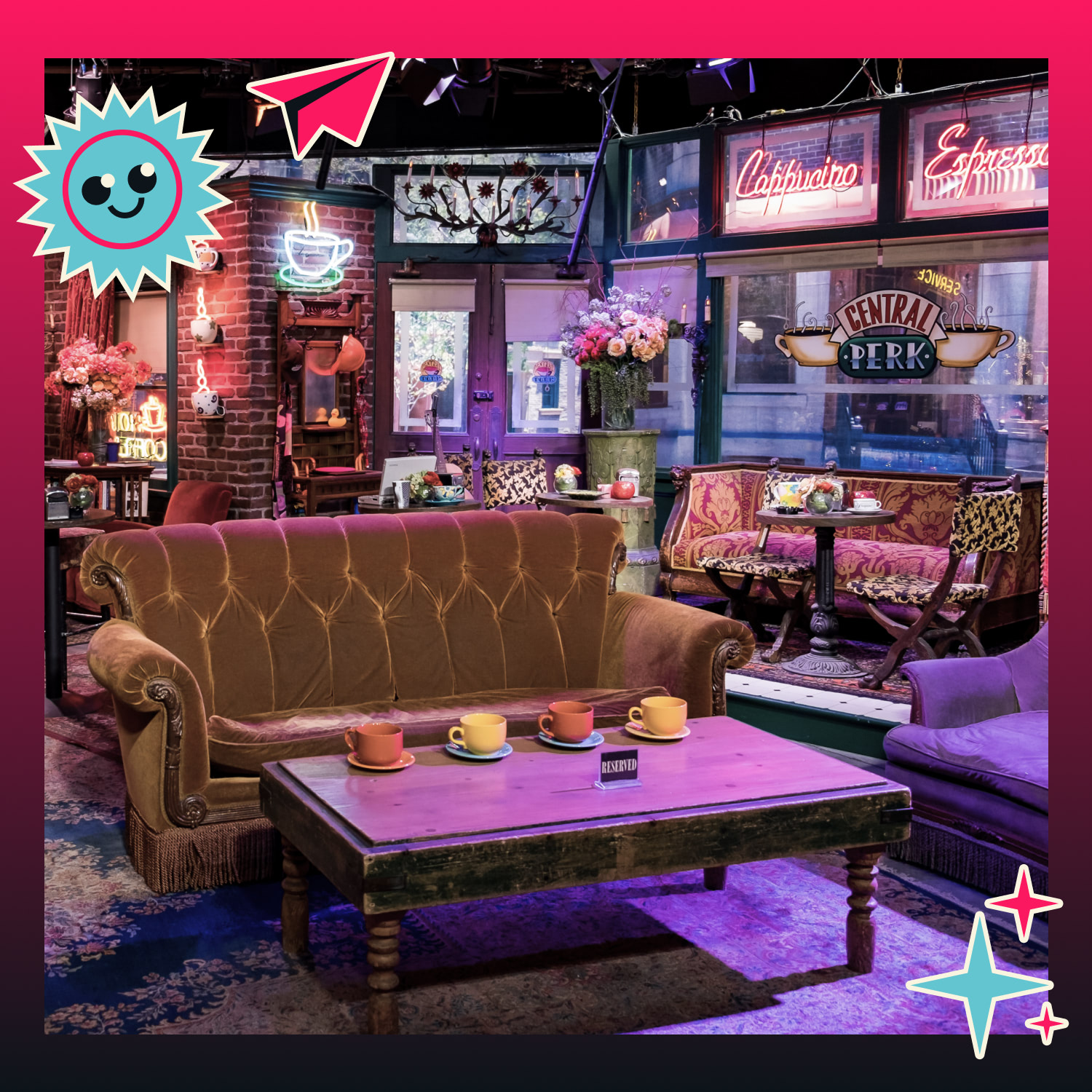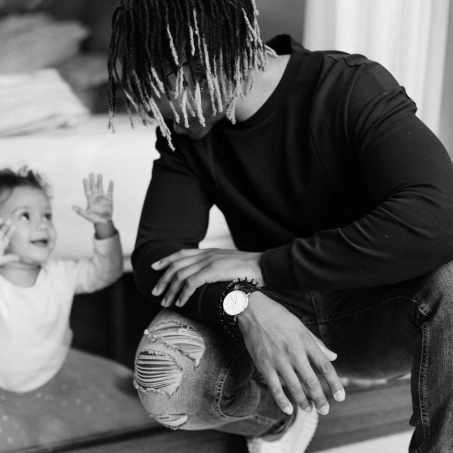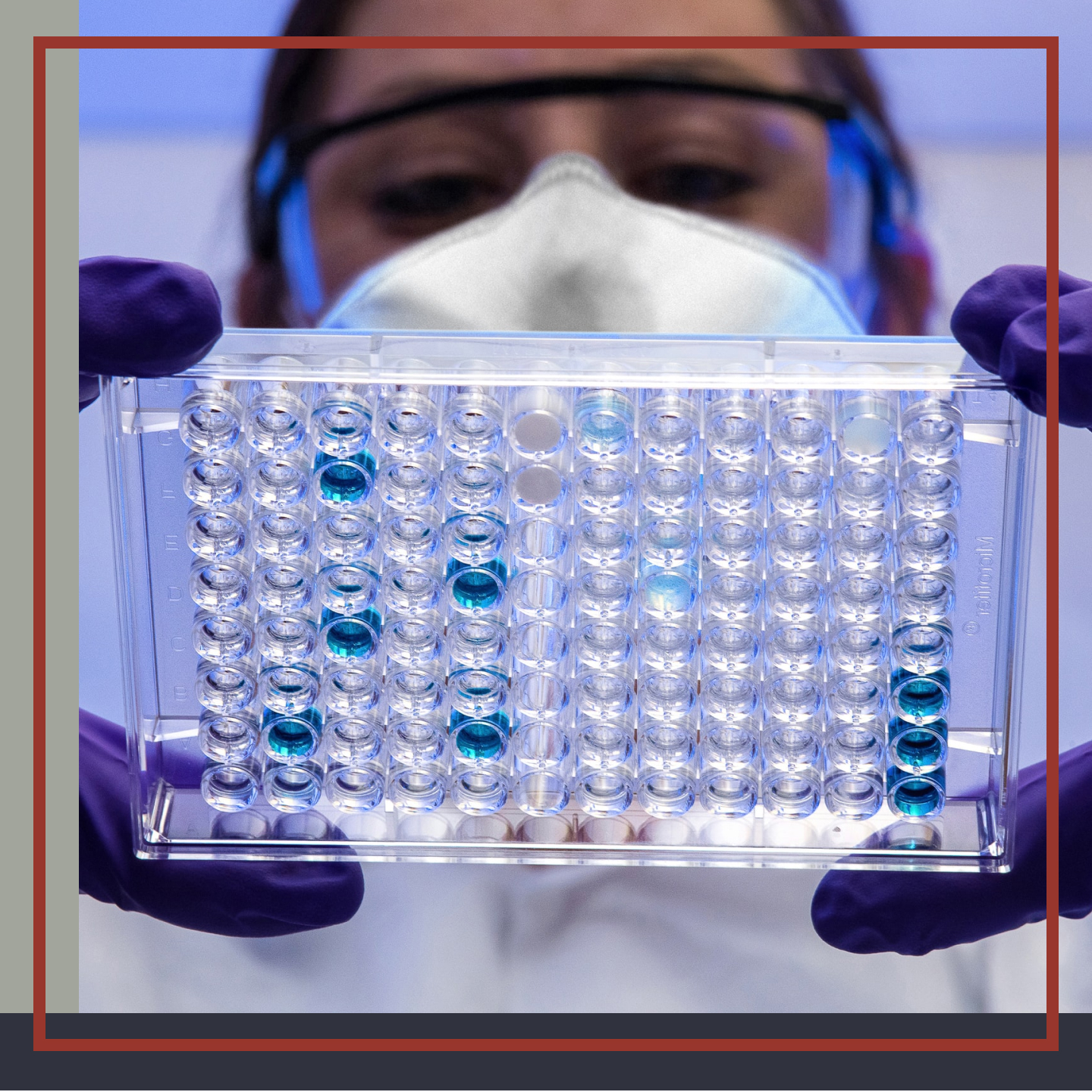
I'm an Immunologist; My Family Are Anti-Vaxxers|A sign reading "wear a damn mask" is a message to people who refuse to get vaccinated against COVID-19.|An immunologist questions whether it's worth posting about the COVID-19 vaccine on Facebook.
I'm an Immunologist; My Family Are Anti-Vaxxers|A sign reading "wear a damn mask" is a message to people who refuse to get vaccinated against COVID-19.|An immunologist questions whether it's worth posting about the COVID-19 vaccine on Facebook.
I'm an Immunologist; My Family Are Anti-Vaxxers
Dad: You’re my canary in the coal mine. This is your area of expertise. When you tell me to worry, that’s when I’ll worry.Me: Dad?Dad: Yes?Me: It’s time to worry.That telephone conversation seems like a distant memory now. It’s hard to believe it was less than 18 months ago he called. My father. Looking for advice, looking for clarity on COVID-19 from his little girl. The one with a PhD in immunology. We had no idea how much our lives were about to be upended by a global pandemic.I grew up in rural, small-town America with a tight knit extended family. Grandparents, aunts, uncles, cousins—we were all well and truly enmeshed in one another’s lives. Football games, concerts, county fairs, church services. Our holiday get-togethers were always large and chaotic. Turkey and pumpkin pie with the whipped cream piled a mile high. I loved it all. But then…I left. In my defense, I didn’t have much of a choice. Whereas my cousins chose college majors like education and agribusiness, with jobs waiting for them back in our hometown, I fell in love with immunology. And jobs in my field only existed thousands of miles away, in cities that were the polar opposite of my childhood home.Immunology is the study of how the body differentiates self versus non-self. How it mounts a defense against pathogens (i.e. bacteria, viruses) but spares healthy tissue. It’s a complex subject. More complex than an article like this could ever hope to convey. And perhaps that’s part of the problem. I have a PhD, postdoctoral fellowship and half a decade in the pharmaceutical industry and, still, aspects of the immune system confound me. Experiments yield perplexing results. The human body can be a bit of an enigma.
Maybe I should have fought a little harder for scientific truth.
When COVID Hit, I Told Family Members to Protect Themselves
Prior to the COVID-19 pandemic, my family was so proud of me. I was their big city doc, the one they looked to for answers. Does vitamin C really help with a cold? Why must I finish this antibiotic? Do we really need to be concerned about Ebola, Zika, the swine flu? On Facebook feeds and emails, I tried my best to translate the complex clinical work of myself and others to the layman. I thought I was successful at gaining understanding because my family largely followed my lead. They praised me. But in retrospect, their embrace of my advice was more likely because at the end of each communication, my “don’t worry” sign-off was exactly what they wanted to hear. Ebola, though deadly, was unlikely to see a large outbreak in the U.S. Too difficult to transmit. Zika was a worry to those pregnant or intending to conceive, but none of my family fell into that category. And swine flu? So long as we all availed ourselves of the updated flu vaccine, daily life would go on. It was a false sense of security.At the beginning of 2020, the scientific community had limited data on COVID-19. First reports from the hot zones were vague. It was a viral respiratory illness, likely caused by a coronavirus. With just this to go on, researchers like myself did what we do best: make hypotheses. Conjectures. Assuming COVID-19 behaved like other coronaviruses (i.e. SARS, MERS) then A) all that contracted the virus would have respiratory symptoms and B) the infected would spread the disease primarily after these symptoms appeared. The mortality rate, at the time, seemed comparable to the seasonal flu. Like so many others in the field, I thought humanity could handle this with travel restrictions and renewed emphasis on hygiene. If we stopped hoarding the toilet paper, we’d be OK.But as the trickle of data on COVID-19 turned into a shower and finally a monsoon, few of those initial hypotheses would hold true. COVID-19 was a far more complex and nefarious beast. There were asymptomatic superspreaders and troubling symptoms beyond the expected respiratory issues (e.g. blood clots). Plus, mortality figures for the population at large were misleading. Parsing out statistics revealed some demographics to be at a far greater risk. My demeanor, my response to family inquiries notably shifted. Lockdown, isolate. Now! It must have been jarring.
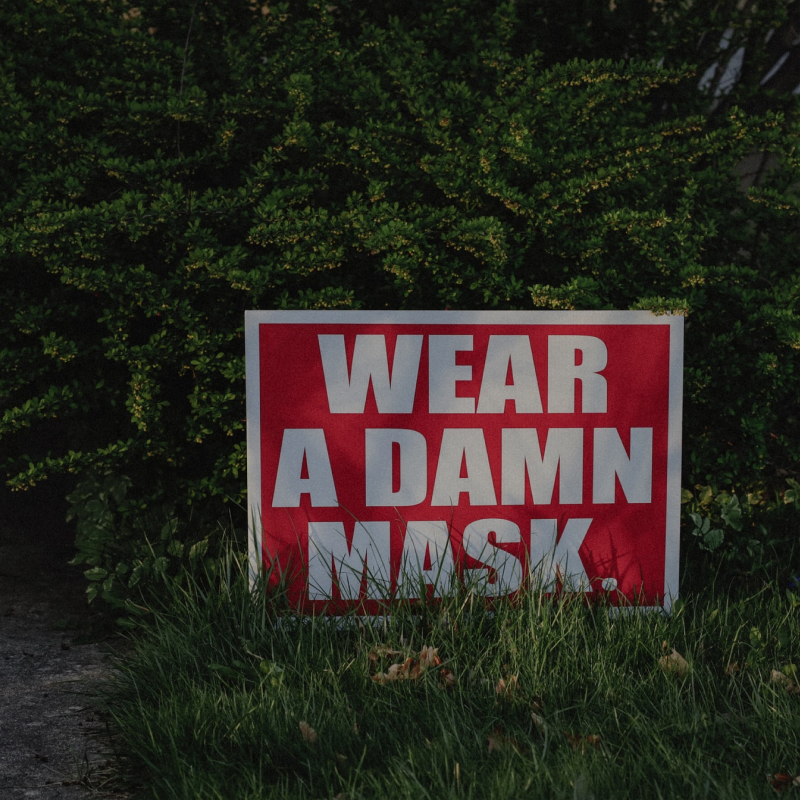
My Family Didn’t Care About My COVID Recommendations
My father handled it in stride. Perhaps because he had been my confidante at a rocky point in my own doctoral research. I had spent over two years working on the hypothesis that overexpression of one gene could cure a rare immune deficiency. It didn’t. With that failure in mind, my father didn’t seem surprised that health recommendations in a global pandemic could change. He was willing to give the researchers some leeway as they grappled to understand this novel virus. The rest of my family? Not so much. My aunt was the first to lash out. I was “letting fear consume me” in supporting the quarantine and mask mandates. The virus was still no big deal in her eyes, and unless I could “stay positive,” maybe I shouldn’t say anything at all. And I’ll admit, in their small, rural community, that first wave of COVID-19 was barely perceptible. A few elderly casualties, who arguably were soon to die anyway. The restrictions seemed overkill. Where I lived it was another matter. One Sunday, I counted and there were 25 pages of obituaries in the local paper. Twenty-five. Friends were sick; others had lost family members. I knew colleagues on the front lines, testing potential treatments, potential vaccines. And I knew the insane hours they pulled. I suppose that’s what made my cousin’s Facebook post hit so hard.Cousin Mike, let’s call him, extolled the virtues of hydroxychloroquine. He called it the “hidden cure” that we scientists were keeping from the world. I tried to reason with him. The paper that he cited had fundamental flaws. The patient number was low, the methods of blinding the study questionable. A researcher saw what he was desperate to see: hope. I looked up the clinical trials that followed that initial publication. There were hundreds registered. But no one was able to replicate the results. It wasn’t real. But Mike didn’t care. He saw no harm in taking the drug, so long as he “believed it would work.” I was stunned. I was saddened. And I was worried for the patients with malaria and lupus I knew legitimately needed that medication.In the wake of a subsequent wave of insults from Mike, I’m ashamed to say I started to censor myself on social media. I didn’t unfriend my family, per se; I just…stopped engaging.What I did post had security settings carefully calibrated to avoid their eyes. It was for my own mental well-being. But maybe it was the wrong move. Maybe I should have fought a little harder for scientific truth.
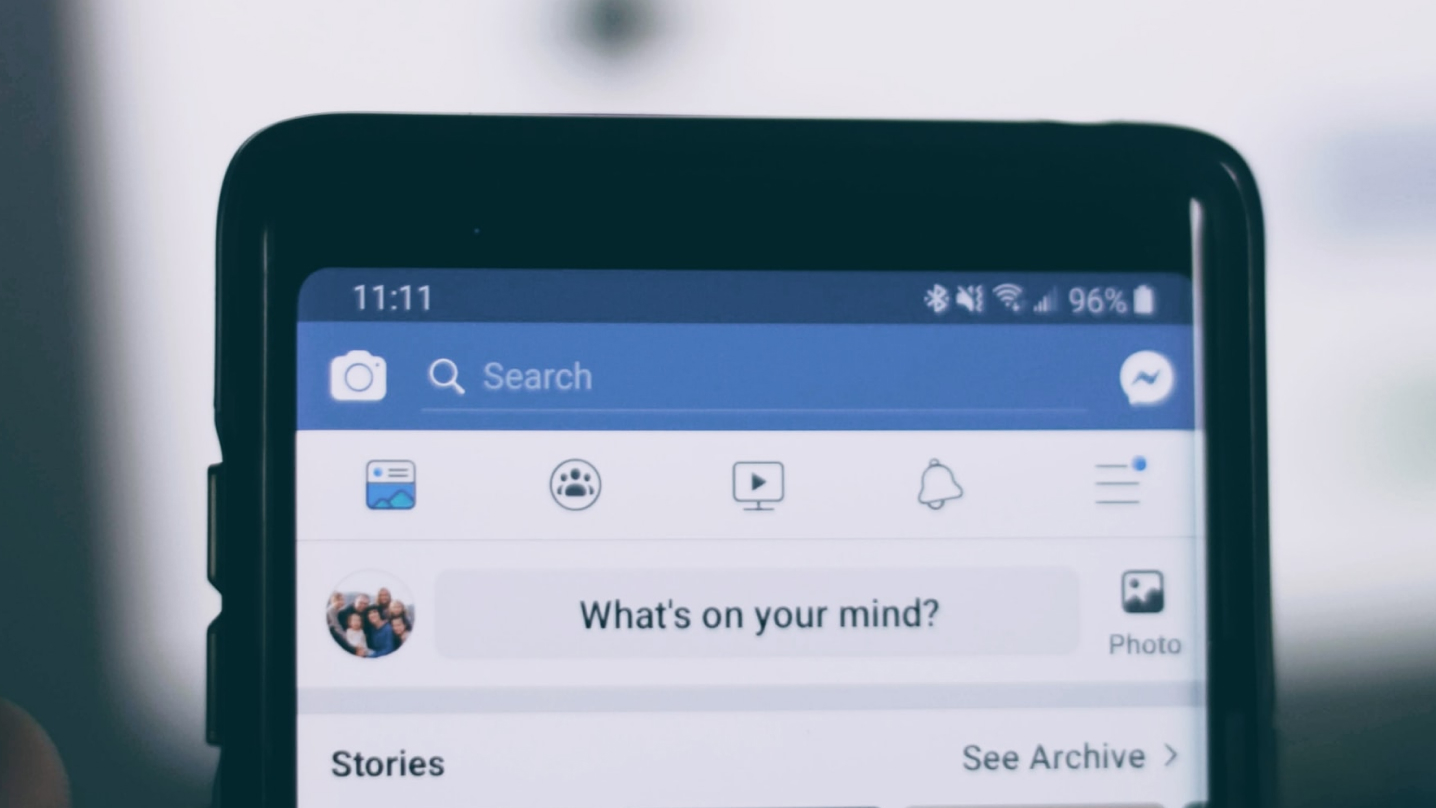
My Parents Got Vaccinated, but Other Family Members Refused
The holidays were surreal. Unable to fly home, my parents joined me over Zoom for meals made in our two separate locales while at the same time, aunts, uncles and cousins elected to covertly assemble in person, breaking official gathering size limits in the name of “tradition.” I held my breath for 14 days afterward, praying they would stay healthy. They did.And I was buoyed by the news that an emergency use authorization for a COVID-19 vaccine could be on the horizon. Historically, my family had always been receptive to vaccines. Collectively, they were even known to mock anti-vaxxers. Surely this would be what would end our divide. It didn’t.My parents were early in line to get the jab. I cried. Big heaving sobs of relief. But much of the rest of my family resisted. Their social media feeds were peppered with memes mocking the shot. And I, oddly, could see their perspective. Their only personal connection to the the pharmaceutical industry was me. And in the long time I had labored at the lab bench, I didn’t have a single drug approval to my name. Projects I worked on were still mired in safety and efficacy studies. Thus, my family’s suspicion as to the speed of the vaccine’s approval was understandable. And in their eyes, in a city far away, I did live an “extravagant” lifestyle. Prior to the pandemic, my Facebook feed had been filled with pictures from concerts, sporting events, art gallery openings. Things they considered “bucket list,” I did every week. Thus, claims of drug profiteering in their eyes would appear to have merit. And I had lost my means to defend myself, to defend science. No questioning emails came my way.
The situation remains tense.
I Feel Like My Life’s Work Is Being Gaslit, and It Will Only Get Worse
I wish there were a better ending to this article. The situation remains tense. And I feel for my parents. They’ve placed their faith in me, in science, and sacrificed precious time with loved ones as a result. As the Delta variant surges and the hospital in my hometown reaches capacity, I just hope and pray we all continue to skirt disaster. Because I love my family. Through it all, I love them.My story is not unique. Many friends and colleagues in science find themselves in a similar position. We’re tired, so tired. Caught in some twisted cultural gaslighting of our life’s devotion. What comes next? My greatest fear is that other therapies being developed for cancer, autoimmunity and heart disease may meet a similar fate to the COVID-19 vaccine. Rejection, no matter how effective. How do we bridge this divide?

